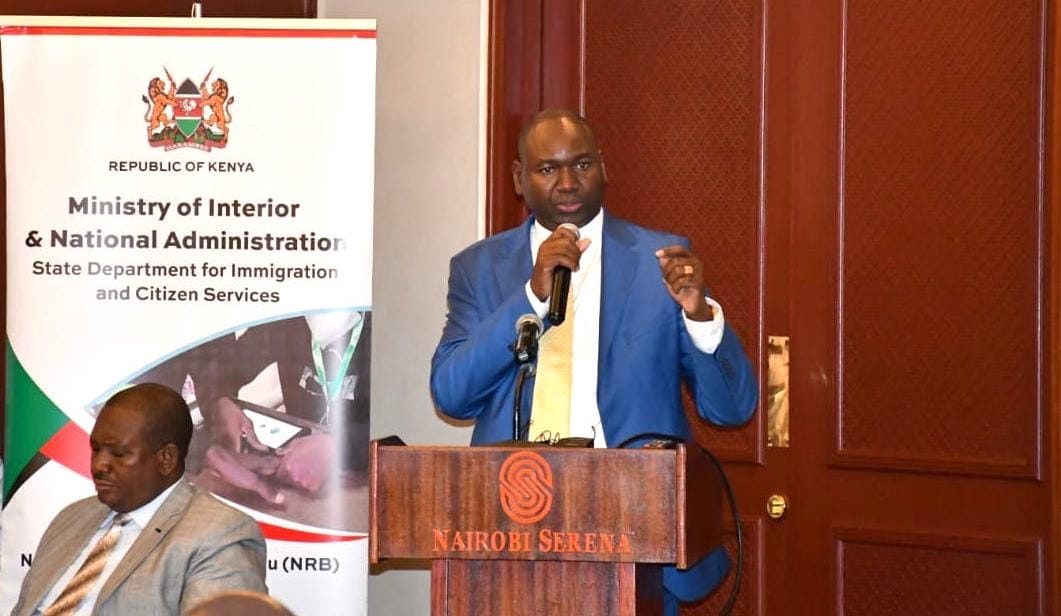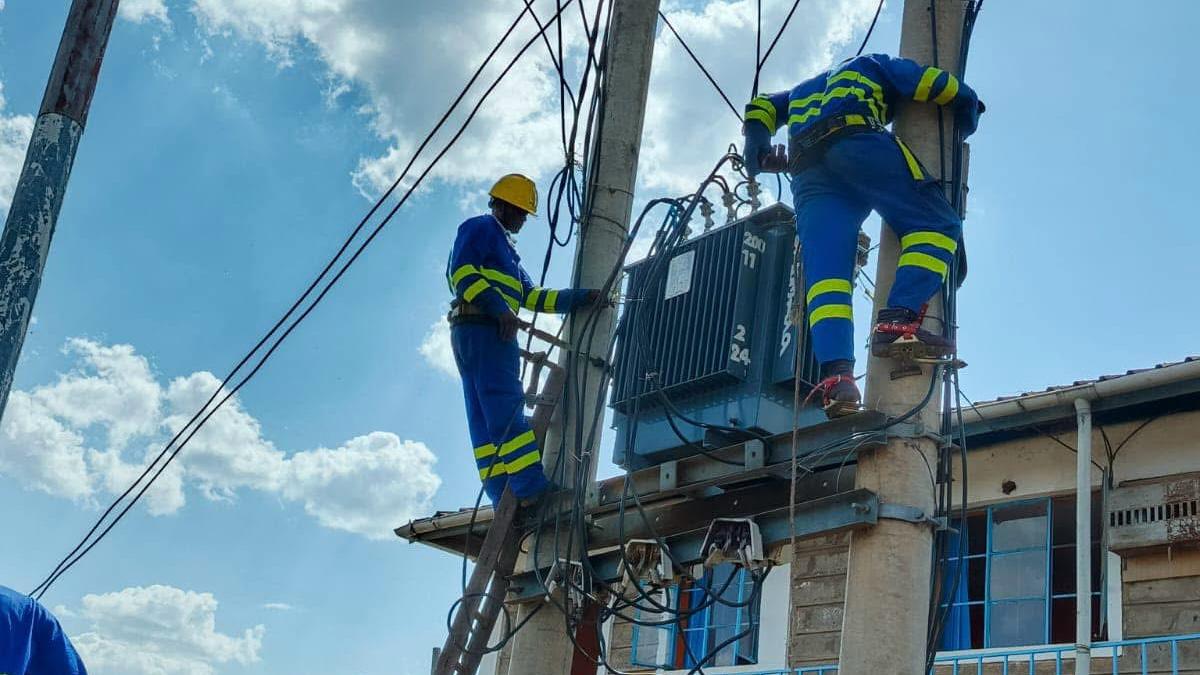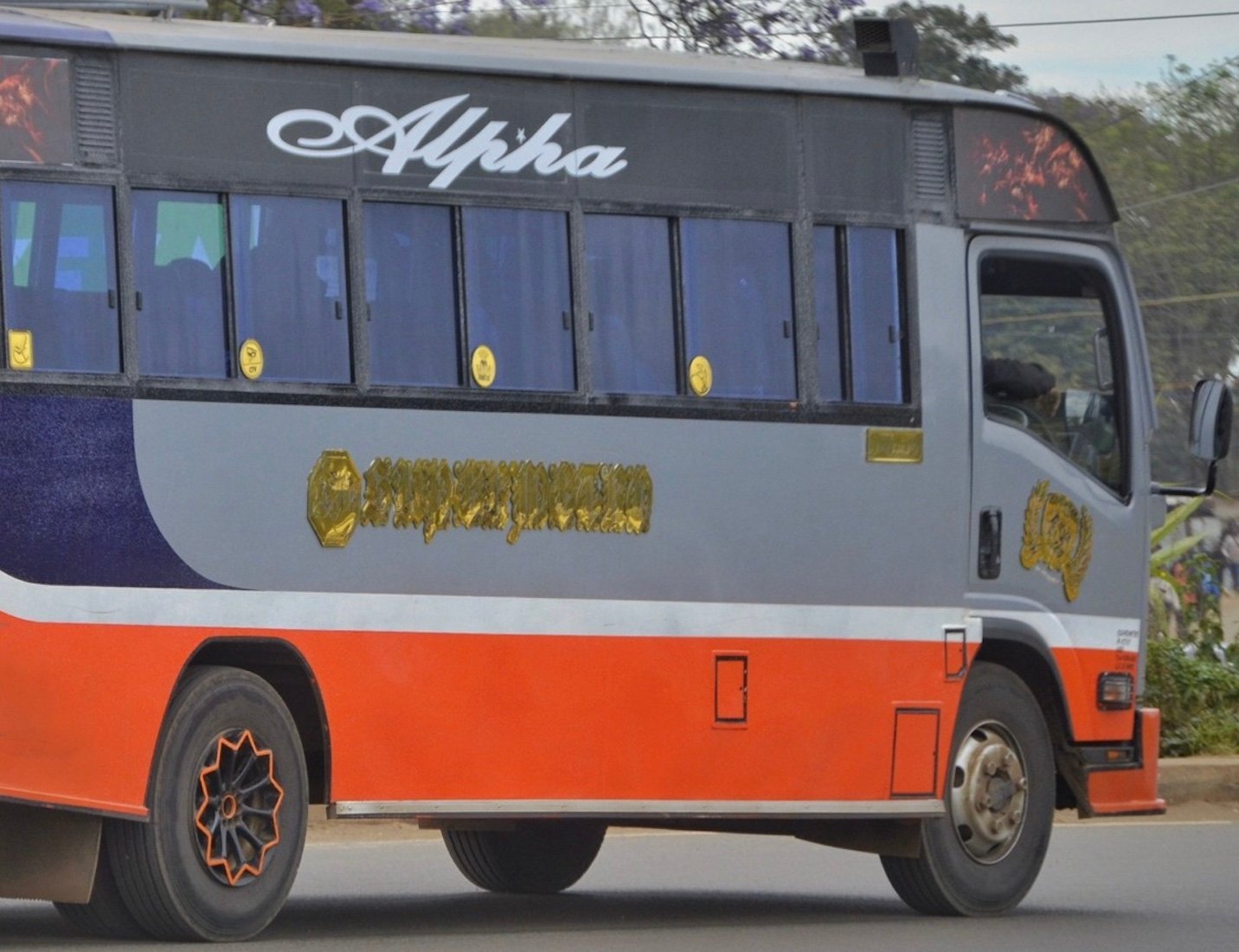Immigration and Citizen Affairs Principal Secretary Julius Bitok has announced that National Identity Cards (IDs) (Maisha Cards) will be replaced every ten years.
In a statement on Monday, July 22, Bitok said the renewal of IDs is a standard practice in many countries in Africa.
The Immigration PS noted that members of the public seeking to renew expired IDs will not be required to take fresh biometrics but will retake their passport-sized photos.
“Holders will need to renew their National ID cards every ten years. This is a standard practice in countries such as Uganda, Tanzania, Nigeria, Senegal, and France, among others that have implemented an ID with a microchip,” said Bitok.
He added, “Applicants seeking renewal of expired National ID cards will not be required to undertake fresh biometrics. However, they will retake their passport-sized photos due to potential changes in facial features over the years.
Read More

Bitok pointed out that the IDs feature a microchip that contains security features and personal details and has a maximum shelf life of 10 years like ATM cards.
“The Maisha Card features a machine-readable microchip that contains relevant security features and personal details. Like other documents, such as ATM cards, the microchip has a shelf life of a maximum of ten years from the date of issuance. The expiry date has no direct correlation with the general election date,” he stated.
At the same time, he mentioned that the National Registration Bureau (NRB) has acquired a modern printer and enhanced the printing capacity to 30,000 IDs per day against an average demand of 10,000 applications.
Further, PS Bitok noted that NRB has issued 972,630 Maisha cards with 531,329 new applications and 441,301 duplicates.
The Immigration PS highlighted that the Maisha ecosystem was introduced due to compliance with best practices, ICAO requirements, Security, digital ID features, and database consolidation.

-1772133741.jpg)



